|
Tom Ford returns to the cinema with another frosty protagonist masking a roiling inner life. After Colin Firth suppressed his grief in A Single Man, Amy Adams tamps down her guilt in Nocturnal Animals, a similarly and predictably stylish film from the fashion maven. Adapted from the book Tony and Susan, Ford crafts a story within a story, interlocking narratives of the hollow pursuits of masculinity and accumulation.
0 Comments
Steven Soderbergh's Contagion remains one of my favorite films of the 21st century because it so perfectly mixes the rational and the emotional. In its well-researched and coherent vision of what a deadly pandemic might look like, it perfectly balances the what-if exercises of the head with the human drama of the heart. Denis Villeneuve's Arrival attempts to replicate that finely-tuned mixture, as applied to an alien encounter. It eschews Soderbergh's global approach for a localized one in which a team of US scientists tries to establish contact with the visitors. The events of Arrival feel ripped from the pages of a history book, and that verisimilitude should make it a can't miss for this lover of competence-porn in many of his favorite films. However, Arrival is more heavily tilted towards the head, a problem I've had with all of Villeneuve's films. Of his English-speaking works, this film contains his baldest pitch towards emotionality, but like Prisoners and Sicario, there's a chill in spite of the considerable filmmaking powers on display.
In Born to Be Blue, Ethan Hawke gets away from the philosophical and the verbose characters he plays in Richard Linklater's Before trilogy or Boyhood. By stepping into the shoes of jazz musician Chet Baker, Hawke is a series of desires, whether those desires be for credibility amongst his peers, companionship with women, or the crystal-clear need for more heroin. He doesn't question and he doesn't interrogate. He knows he's been given certain gifts, like a preternatural ability with the trumpet and an effortless cool, and he's going to make the most he can out of those advantages, if not for that other chemical dependence thing he's been saddled with. Robert Budreau's film came out in a year where Hank Williams, Miles Davis (who appears here as one of those peers), and Nina Simone all got biopics, and having only seen this one, it's likely the best of the four. Budrow and Hawke combine for a startlingly fresh take on the biographical genre, one that surprises at the end instead of trailing off with the perfunctory standing ovation and epilogue text. Hawke isn't waxing poetic about love and destiny, like he's done so well before, but his Baker creates one of 2016's most indelible characters and one of its best performances.
A baffling politician gets a baffling documentary in Weiner, as camera crews follow the serial sexter through his campaign for mayor of New York City. Directors Josh Kriegman and Elyse Steinberg get an extraordinary level of access to Anthony Weiner and his plainly uncomfortable wife Huma Abedin, longtime aide to Hillary Clinton. The film tracks Weiner from his resignation from Congress, due to humiliating Twitter blunders, through an initially successful mayoral campaign, before more revelations sink his career for a second time. Kriegman and Steinberg must have initially thought they had an inspiring second-chance story of a disgraced politician coming all the way back, silencing his puerile critics with reams of optimistic policy proposals and irrepressible charisma. Instead, they got a tragedy, in which a man lets down his loyal staffers, his potential constituents, and his family for a little titillation.
Mel Gibson's return to respectability brings him back to warfare, the genre of his greatest success. Like Braveheart, Hacksaw Ridge centers around a protagonist who wants to be a peaceful man but circumstances thrust him into violent battle. Unlike William Wallace, who cleaved his way through his enemies, Desmond Doss of Hacksaw Ridge doesn't fire a weapon during his service in the Pacific, a theater filmed as ghastly as any American WWII film ever made. On the one hand, making a film about a pacifist is a mature and surprising move from Gibson, who so likes to make prestige gorehound films. On the other hand, Hacksaw Ridge is uneven in parts and ridiculous in others. It's baffling that Gibson would want to make such harrowing scenes of warfare and then dress them up with the debris of action-filmmaking. Speed-ramping does not belong in a serious war film.
I grew up in a small Indiana town, a community of 1500 or so people. There were basketball goals in every driveway, the church bells could be heard from all over, and on weekends or in the summer, my cousins and I would play hide and seek on our bikes across a square mile of the town. Buttressed by a thriving Toyota plant in one direction and a city in the other, my hometown has largely avoided the rot that has infected so many other small Indiana communities, maintaining a steady population and occupied storefronts. Medora, as depicted in a touching and nostalgic documentary by Andrew Cohn and Davy Rothbart, has not been as lucky. Isolated in central Indiana, the town remains focused on its losing high school basketball team, seemingly the one thing holding the town together. On the surface, Cohn and Rothbart make a standard sports doc, but it takes on a deeper significance when viewed against the state of the town itself, another struggling entity in need of a win.
For every infamous dictator, there are legions of nameless civil servants, spies, and thugs who propped up their leaders, making their will into brutal reality. These accomplices might have been grasping career bureaucrats, family men and women who were worried about the mortgage, or malevolent bullies delighting in their methods ascending to the top of the food chain, all working in deadly concert despite their myriad motivations. Bernardo Bertolucci asks what drove one particular functionary in his classic film The Conformist. Set in Mussolini's Italy, Bertolucci makes a deadening statement of amorality, depicting a period with recognizable social goals and the despotic means to achieve them.
There's been so many superhero origin stories that any viewer whose paid cursory attention to the last decade of big-budget moviemaking can see the requisite plot markers coming. If the storytelling is a lost cause, unable to surprise, then what remains is the spectacle and, especially, the characters. Guardians of the Galaxy, Ant Man, and Deadpool each spun rote tales of MacGuffins, heists, and revenge, but a comedic tone and characters with specific quirks and worldviews made it easy for the viewer to discount, or at minimum distract from, the predictability in the story. Doctor Strange, the latest Marvel character to get his own origin story, certainly gets the spectacle part down with its journey through the mind-shredding multiverse, but its characters don't differentiate themselves enough from the dozen or so other similar tales.
|
Side PiecesRandom projects from the MMC Universe. Categories
All
Archives
April 2023
|

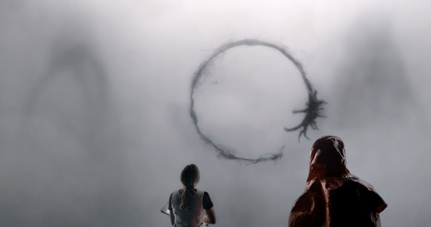
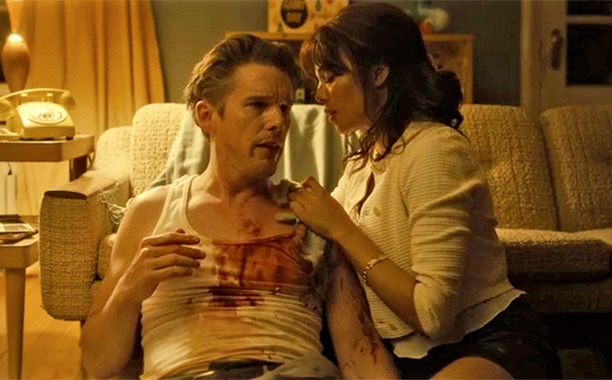

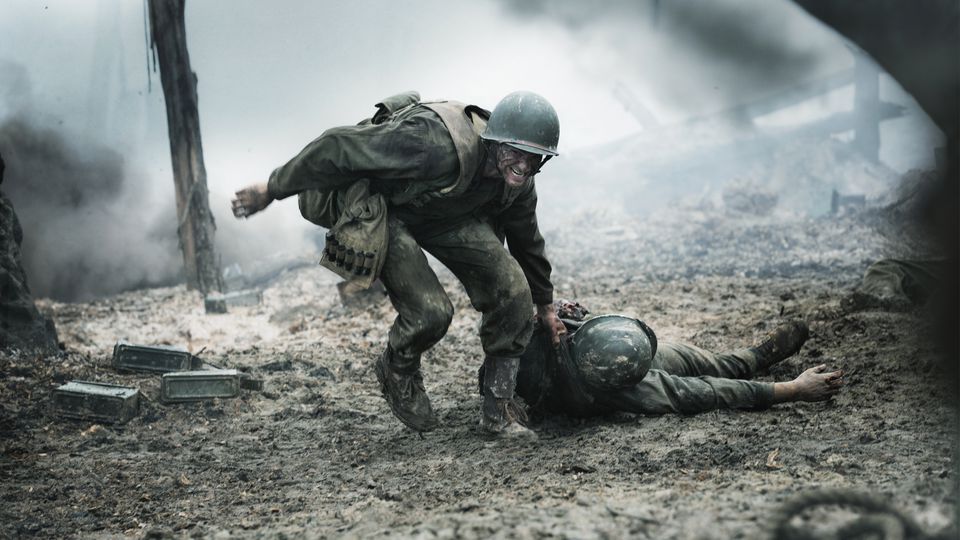

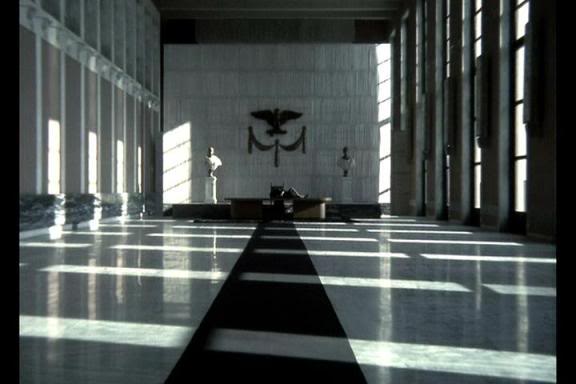
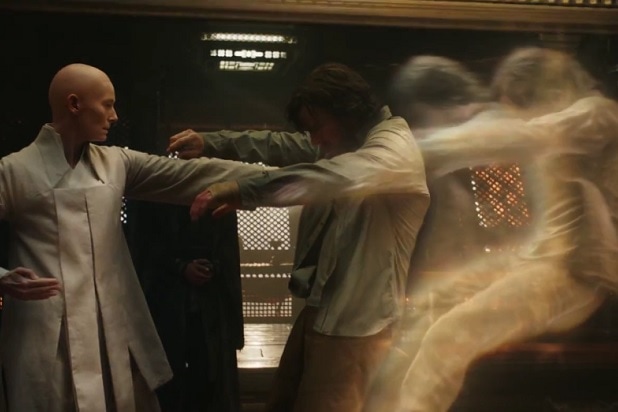
 RSS Feed
RSS Feed